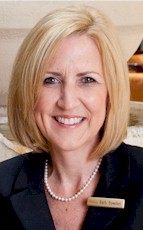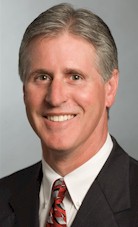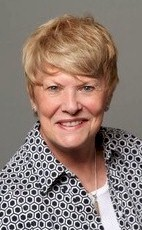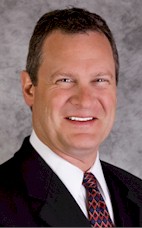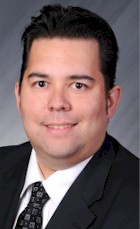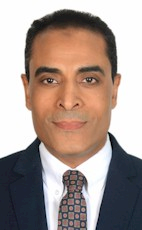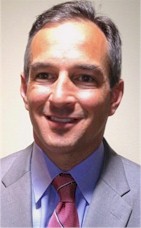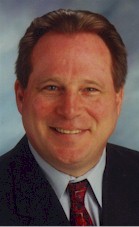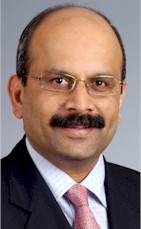
Revenue Management, also known as Yield management in hotels is selling rooms and services at the right price, at the right time, to the right people. The techniques of yield management are relatively new - the first research to deal directly with these issues appeared less than 20 years ago. Robert Crandall, former Chairman and CEO of American Airlines, gave Yield Management its name and has called it "the single most important technical development in transportation management since we entered deregulation." These days, yield management, including overbooking and dynamic pricing, has been an enormously important innovation in the service industries. According to Sheryl E. Kimes Ph.D. in a Cornell report, a survey of nearly 500 revenue management professionals in the hotel and related industries forecasts that the application of revenue management (RM) will become more strategic and will be supported by increasingly sophisticated technology as it includes more of hotels? income streams. In particular, RM will likely be applied to function space, and may also include such revenue streams as spas, restaurants, and golf courses. As a consequence, the revenue management function will become more central to hotel operations, and will quite likely be a separate department that is under the general manager's supervision. Progressive hospitality organizations that have heeded the warning signs that dynamic markets and changing industry requirements are part of the new "normal" and have taken the time to update or invest in the right technology and training, will be better placed to effectively conduct business in the marketplace ahead. The September issue of the Hotel Business Review will include a line-up of today's most forward thinking experts on hotel revenue management, providing insights on how hotels can explore methods to achieve maximum profits and realize optimum revenue from operations.
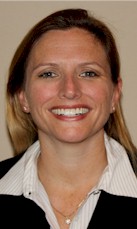




 Revenue Management, also known as Yield management in hotels is selling rooms and services at the right price, at the right time, to the right people. The techniques of yield management are relatively new - the first research to deal directly with these issues appeared less than 20 years ago. Robert Crandall, former Chairman and CEO of American Airlines, gave Yield Management its name and has called it "the single most important technical development in transportation management since we entered deregulation." These days, yield management, including overbooking and dynamic pricing, has been an enormously important innovation in the service industries. According to Sheryl E. Kimes Ph.D. in a Cornell report, a survey of nearly 500 revenue management professionals in the hotel and related industries forecasts that the application of revenue management (RM) will become more strategic and will be supported by increasingly sophisticated technology as it includes more of hotels? income streams. In particular, RM will likely be applied to function space, and may also include such revenue streams as spas, restaurants, and golf courses. As a consequence, the revenue management function will become more central to hotel operations, and will quite likely be a separate department that is under the general manager's supervision. Progressive hospitality organizations that have heeded the warning signs that dynamic markets and changing industry requirements are part of the new "normal" and have taken the time to update or invest in the right technology and training, will be better placed to effectively conduct business in the marketplace ahead. The September issue of the Hotel Business Review will include a line-up of today's most forward thinking experts on hotel revenue management, providing insights on how hotels can explore methods to achieve maximum profits and realize optimum revenue from operations.
Revenue Management, also known as Yield management in hotels is selling rooms and services at the right price, at the right time, to the right people. The techniques of yield management are relatively new - the first research to deal directly with these issues appeared less than 20 years ago. Robert Crandall, former Chairman and CEO of American Airlines, gave Yield Management its name and has called it "the single most important technical development in transportation management since we entered deregulation." These days, yield management, including overbooking and dynamic pricing, has been an enormously important innovation in the service industries. According to Sheryl E. Kimes Ph.D. in a Cornell report, a survey of nearly 500 revenue management professionals in the hotel and related industries forecasts that the application of revenue management (RM) will become more strategic and will be supported by increasingly sophisticated technology as it includes more of hotels? income streams. In particular, RM will likely be applied to function space, and may also include such revenue streams as spas, restaurants, and golf courses. As a consequence, the revenue management function will become more central to hotel operations, and will quite likely be a separate department that is under the general manager's supervision. Progressive hospitality organizations that have heeded the warning signs that dynamic markets and changing industry requirements are part of the new "normal" and have taken the time to update or invest in the right technology and training, will be better placed to effectively conduct business in the marketplace ahead. The September issue of the Hotel Business Review will include a line-up of today's most forward thinking experts on hotel revenue management, providing insights on how hotels can explore methods to achieve maximum profits and realize optimum revenue from operations.
